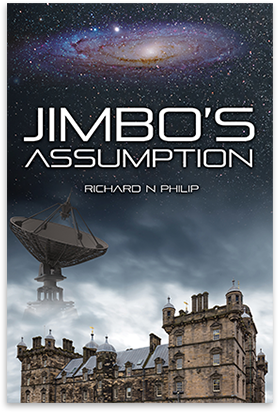
Caroline Herschel
Herschel is a name ineradicably linked with the discovery, late in the
18th century, of an unrecognised object by William Herschel.
Subsequently designated, Uranus, the seventh planet in our system. A
remarkable man who migrated physically from the Electorate of Hanover to
England, and professionally from music to astronomy. An adaptable
musician and notable composer. Curiosity and ambition, beginning with a
study of harmonics, led into optics and to reflecting telescopes. Binary
stars became a particular passion. His Uranus revelation, the first
planetary discovery in millennia made his reputation. Demand for his
telescopes meant a healthy and continuing revenue stream. The family
became expert at casting, grinding, and polishing mirrors.
Before
this, Caroline Herschel had already entered the astronomical domain.
The family lived in Bath, in south-west England, where William initially
combined musicianship and astronomy. Caroline gained a reputation as an
accomplished soprano.
She began to assist in William’s
astronomy, tabulating his stellar observations. It is recorded that
while he remained outside in darkness, she sat indoors beyond an open
but curtained window, noting readings that he called out. Gradually she
advanced to make her own observations, aided by small reflecting
telescope assembled by William. Over time, she identified unknown
comets, recorded in the Royal Society’s transactions, and nebulae, some
now recognised as distant galaxies. For this, and her continued support
for William, the King’s Astronomer, she received a salary. The first
woman in England to hold a government position. So far as is known, also
the first professional female astronomer.
After William’s death
in 1822 CE, she continued, validating her brother’s findings, and
producing extensive star catalogues. A recipient of the Royal
Astronomical Society’s Gold Medal. Later, her nephew and William’s son,
John Herschel, served as president of the RAS on three occasions. An
astronomer and friend of Charles Babbage, but a story for another day.
Caroline’s
life ended, aged 97. A lunar crater commemorates her contributions, as
do two star clusters, and an asteroid, 281 Lucretia.
She gained
distinction in science at a time when few females found such
opportunities. Loyal and meticulous, an extraordinary woman.
Post Views : 351